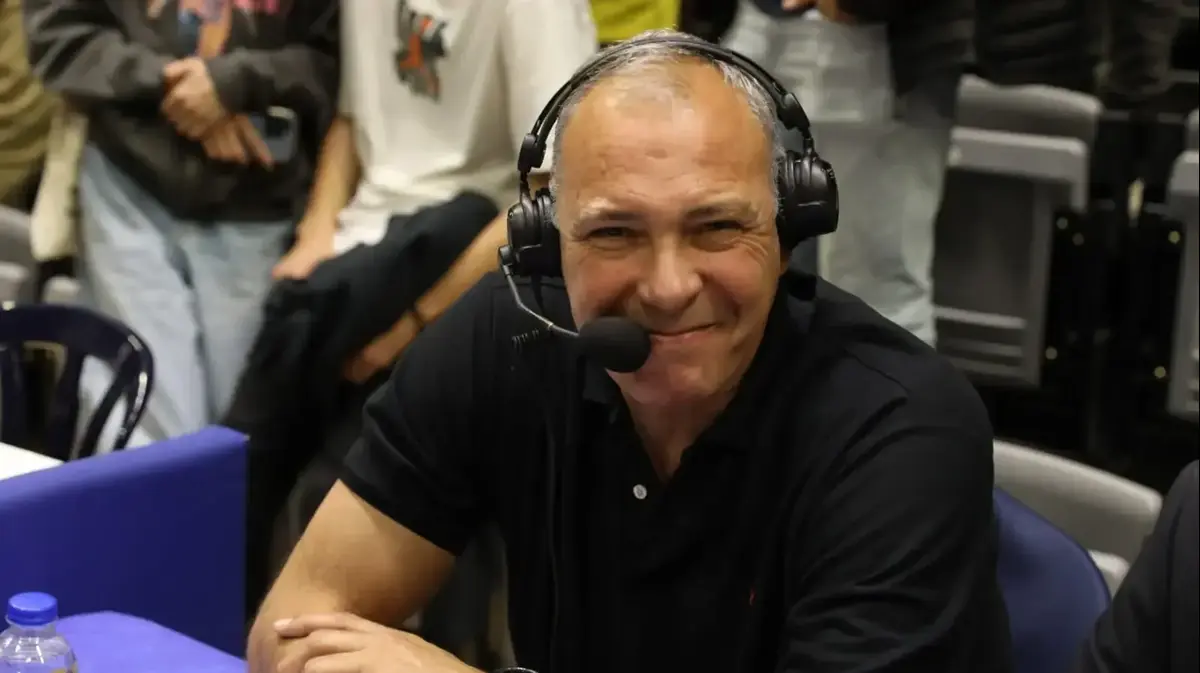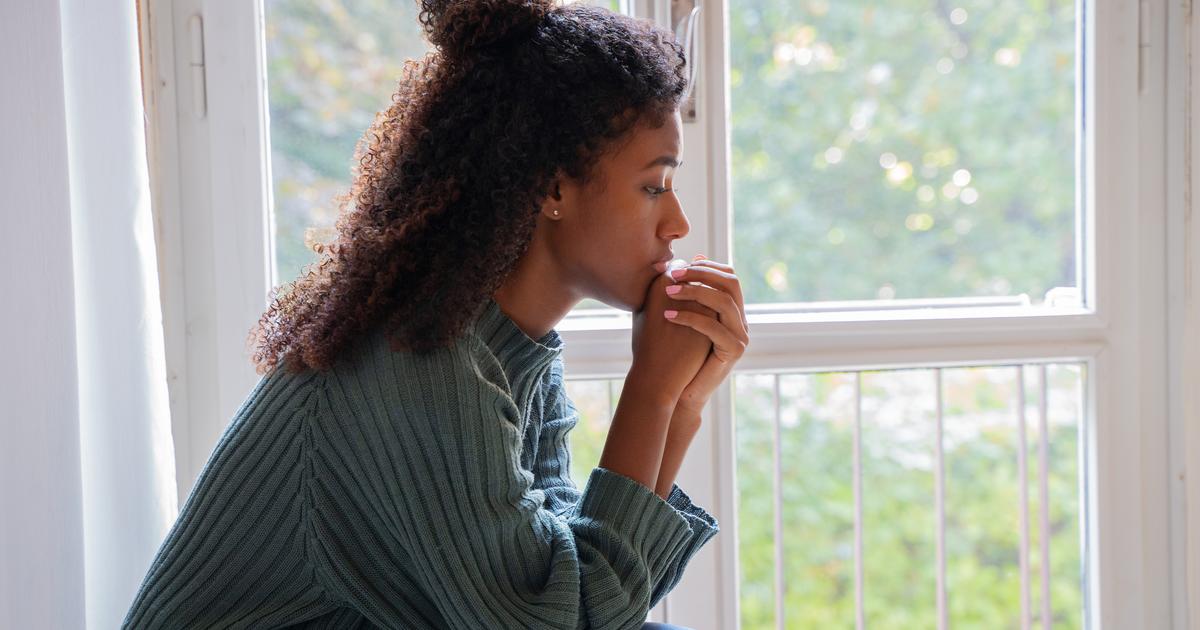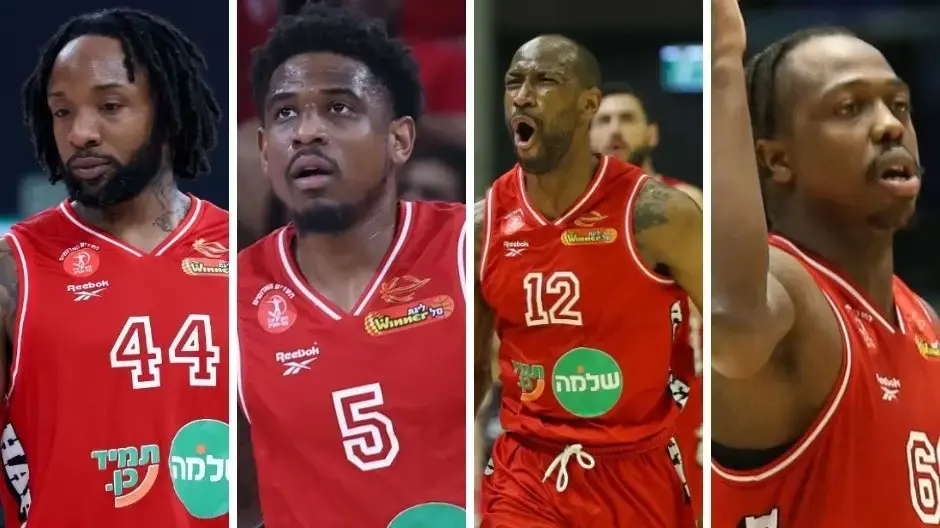The postponement of the Olympic Games was expected. Nevertheless, the athletes have to learn to put up with it first. Sports psychologist Thorsten Weidig recommends that his clients first look at things other than sports.
Hamburg (dpa) - The cancellation of the Olympic Games in Tokyo this summer was expected due to the corona pandemic. Now a new phase of uncertainty is beginning for many athletes.
Beyond sports, life plans or professional plans are subject to disposition due to the shift. The uncertainty goes hand in hand with a corresponding emotional chaos of helplessness and perhaps also fearfulness, but also anger because one has prepared and cannot now, said sports psychologist Thorsten Weidig of the German Press Agency. From the point of view of the 46-year-old, who also looks after athletes at the Olympic base in Hamburg, it is important that the athletes first create a distance from the events.
The Olympic Games have been postponed for a long time because of the Corona crisis. Is it a relief for the athletes that there is now clarity?
Thorsten Weidig: Certainty is always better. If I don't know where the road is going, it is difficult to find the right way. The level of care for me has not decreased since the Corona crisis broke out. The athletes are looking for orientation. Otherwise they are integrated into a system that is very structured and organized. It is a clockwork that works. And when the clockwork stops running, the question is very big: What am I doing now and for what? The lack of clarity that existed until Tuesday was the most difficult part of the situation.
Now there is a new uncertainty for the athletes due to the shift. For personal sports, but also for life and career planning or financing. What is going on in them?
Weidig: Uncertainty, and I can understand that very well. This goes hand in hand with a corresponding chaos of feelings of helplessness and perhaps also anxiety, but also annoyance because you have prepared and cannot now. Athletes know that there are more important things than Olympics right now. Nevertheless, the feelings are there. First of all, I think it's important to accept and allow these feelings and not to rationalize them away.
How should the athletes deal with the emotional chaos you described?
Weidig: First of all, I find an inner distancing very important in order to be able to detach myself from the current events and events of the past few days. Switch to swipe to get a clear view of questions like: What do I want now? Do I continue and do I build my form again? Or to say that there are good reasons to no longer prepare for 2021. I think this distance is very important, because otherwise there is a risk that I am stuck in the mental hamster wheel and let myself be influenced too negatively by the current events - which do not feel good.
How is your contact with the athletes going?
Weidig: I offer two options: Virtual, some assume that. So the classic like Skype. Others, on the other hand, look forward to it when we meet personally and go for a walk, for example. Of course, in compliance with the current protective measures.
Are there differences in the needs of athletes from team sports and individual sports?
Weidig: Yes. This has also been proven by studies that team athletes are not team athletes by chance and that their motivation is influenced more by the need to do sports together. In contrast, individual athletes do not have such a great need - at least as far as sports are concerned - for community.
Do the differences show up in the current situation?
Weidig: That is also reflected now. For a rower, the need to have fellowship with friends, friends or family is stronger, but not necessarily with colleagues from the boat. In contrast, team athletes build their social environment more from those with whom they play sports.
Every athlete copes with stressful situations differently. Why are there some people who are good at it, but others who are on their knees?
Weidig: If athletes learned relatively early - that is, in adolescence - to face and deal with difficulties and challenges, it is a good basis that the athlete can also do this in adulthood. Therefore, my credo is to develop a mental toolbox in adolescence. Resilience can be created and trained very well in childhood and adolescence.
Do you have more to do in this Corona era?
Weidig: I would say that it has increased a bit. I am currently saying to my athletes: Do something different and in three weeks we will start working again. I also do that during breaks in the season. For me it is a season break that is starting now. I recommend the athletes to make good use of the seasonal break, to focus on other things and to recharge their batteries.
PERSONAL: Thorsten Weidig is a sports psychologist who looks after athletes. The 46-year-old from Hamburg is currently working with the national teams of hockey men and volleyball women and athletes at the Olympic base in Hamburg, among others. He is also a professor at the German University for Health and Sport in Berlin. From 2010 to 2013 he was a sports psychologist with the former Bundesliga club Hamburger SV.
Homepage Thorsten Weidig
Homepage Olympic base Hamburg / Schleswig-Holstein










/cloudfront-eu-central-1.images.arcpublishing.com/prisa/S7UVDTX7DREC7DXVCZN6MEKGBY.jpg)


